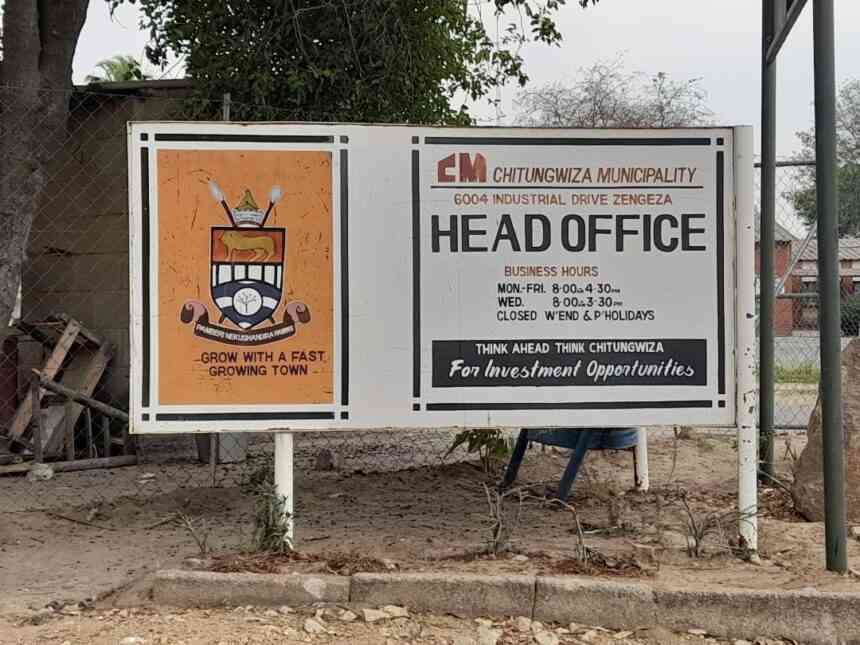
FOREWARNED is forearmed. Two weeks ago, we published in this paper an article on the country’s disaster preparedness in the wake of anticipated heavy rains following a Meteorological Services Department notice.
The article centred on the persistent failure by councils to clear stormwater drains, whose blockage has led to the flooding of roads and residences, especially in Harare and Chitungwiza.
The two cities, along with the other urban local authorities, reflect the chaos that bedevils communities nationwide, following decades of neglect.
As though we were prophetic, Harare roads were flooded on the onset of the rains, submerging vehicles, including those that were in parking bays as well as houses and other buildings in some places.
At the other end in Chitungwiza, gaping potholes greet motorists entering St Mary’s and much of Zengeza, as well as other parts of the dormitory town and even the capital, displaying a worrying state of disrepair.
Not that there are no resources for the timely clearance of stormwater drains and other essential services, it is that these funds appear to have found their way into individual pockets.
When the flooding crisis erupted, Harare authorities rushed to blame vendors, accusing them of dumping garbage into drains.
While vendors are complicit in this unfolding tragedy, they are, in truth, victims of an economy that has pushed them into the informal sector for sheer survival.
- Over 115 to exhibit at Mine Entra
- Young entrepreneur dreams big
- Econet bemoans power outages
- Govt opens ChiTown e-passport centre
Keep Reading
Long-term, sustainable solutions, as we have consistently argued, are what help nations build social cohesion and the kind of peace we can collectively take pride in.
As systems collapse before our eyes, we owe future generations plausible explanations for these legendary failures, for the carcass of a heritage we will leave behind when we finally exit the stage.
Residents are not mistaken in concluding that the mess around us mirrors a broader, unending national tragedy, one defined by a broken society trapped in perpetual misery.
Citizens’ lives are in urgent need of meaningful transformation. The economy has been decaying systematically under a festering body politic crying out for repair.
Back in October, the government announced, to cheering crowds, that it was taking over the rehabilitation of Chitungwiza’s sewage system and Harare’s refuse collection.
Yet beneath the pomp and fanfare lay the beginning of another arduous, familiar journey into darkness, one that promises the same bitter harvest: deepening misery, widening poverty and inequality, and the steady erosion of both individual and national dreams.
We know none among the elites cares about this suffering. Their sole pursuit is to feed insatiable appetites for self-enrichment and obscene affluence through the plunder of national resources.
Zimbabweans need a break. They are gasping for breath.
They are desperate for relief from the crushing weight of unending misery.











